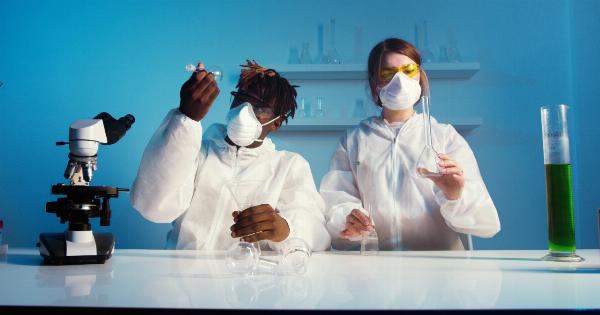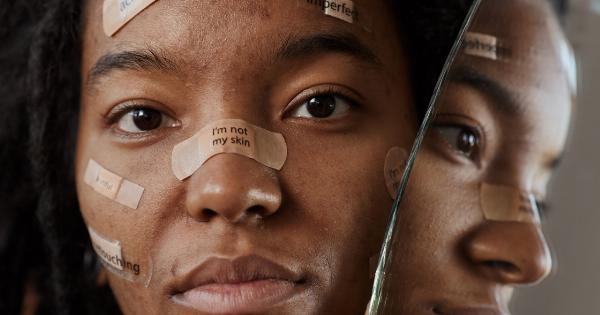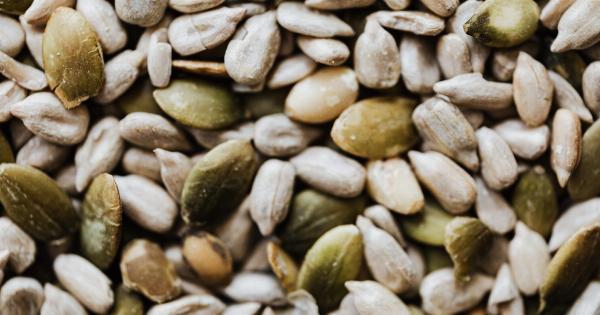Acne is a common skin condition that affects millions of people worldwide. It is characterized by the presence of pimples, blackheads, and whiteheads on the face, neck, chest, and back.
While acne can be frustrating and embarrassing, there are several treatments available to help manage and prevent breakouts. One emerging approach to preventing acne is through the use of probiotics.
1. Understanding Acne
Before delving into how probiotics can prevent acne, it’s important to understand the underlying causes of this skin condition.
Acne is primarily caused by the overproduction of sebum, an oily substance produced by the sebaceous glands in the skin. Excessive sebum production, combined with the buildup of dead skin cells and the proliferation of bacteria on the skin, leads to clogged pores and the development of acne lesions.
2. The Role of Probiotics
Probiotics are live bacteria and yeasts that provide numerous health benefits, particularly for the digestive system.
However, recent research has also highlighted their potential impact on skin health, including their ability to prevent and manage acne. Probiotics work by restoring the balance of bacteria within the gut and on the skin, thereby reducing inflammation and improving overall skin health.
3. Regulating Sebum Production
One of the key ways in which probiotics can prevent acne is by regulating sebum production. Studies have shown that certain strains of probiotics can inhibit the production of sebum, reducing the likelihood of clogged pores and acne breakouts.
By maintaining a healthy balance of sebum, probiotics help to keep the skin clear and prevent the formation of new acne lesions.
4. Strengthening the Skin Barrier
The skin acts as a protective barrier against external irritants and bacteria. However, in individuals with acne-prone skin, this barrier may be compromised, making the skin more susceptible to inflammation and infection.
Probiotics have been found to strengthen the skin barrier by promoting the production of ceramides, lipids that help maintain moisture and protect the skin from external threats. A strong skin barrier is essential in preventing acne breakouts.
5. Reducing Inflammation
Inflammation plays a significant role in the development and progression of acne. When the skin becomes inflamed, it triggers an immune response that can worsen existing acne lesions and promote the formation of new ones.
Probiotics have anti-inflammatory properties and can help to reduce inflammation in the skin. By doing so, they can alleviate symptoms of acne and prevent the condition from worsening.
6. Restoring the Skin Microbiome
The skin is home to a diverse ecosystem of bacteria, known as the skin microbiome. This microbiome plays a crucial role in maintaining skin health and preventing the colonization of harmful bacteria.
Imbalances in the skin microbiome have been linked to various skin conditions, including acne. Probiotics can help restore the balance of beneficial bacteria on the skin, thereby creating an environment that is less favorable for acne-causing bacteria to thrive.
7. Enhancing Wound Healing
Acne lesions, particularly pimples and cysts, can cause damage to the skin. Proper wound healing is essential to prevent scarring and further inflammation.
Probiotics have been found to enhance wound healing by promoting the production of collagen and encouraging the growth of healthy skin cells. By supporting the skin’s natural healing process, probiotics can help to minimize scarring and prevent the development of post-inflammatory hyperpigmentation.
8. Minimizing Antibiotic Resistance
Antibiotics have long been used in the treatment of acne, particularly for severe cases. However, the overuse of antibiotics can lead to antibiotic resistance, making it increasingly challenging to treat acne and other bacterial infections.
Probiotics offer a natural and sustainable alternative to antibiotics by targeting the root causes of acne without contributing to antibiotic resistance.
9. Finding the Right Probiotic
When it comes to preventing acne, not all probiotics are created equal. Different strains and species of probiotics have varying effects on the skin, so it’s essential to choose the right one.
The most commonly studied probiotic strains for acne prevention include Lactobacillus acidophilus, Lactobacillus fermentum, and Bifidobacterium bifidum. It’s advisable to consult with a dermatologist or healthcare professional to determine the most suitable probiotic for your skin.
10. Incorporating Probiotics into Your Routine
There are several ways to incorporate probiotics into your skincare routine. One option is to consume probiotic-rich foods, such as yogurt, kefir, sauerkraut, and kimchi.
These foods contain live cultures that can support a healthy gut and skin microbiome. Alternatively, topical skincare products containing probiotics, such as facial cleansers, serums, and moisturizers, can also be used to deliver probiotics directly to the skin.































